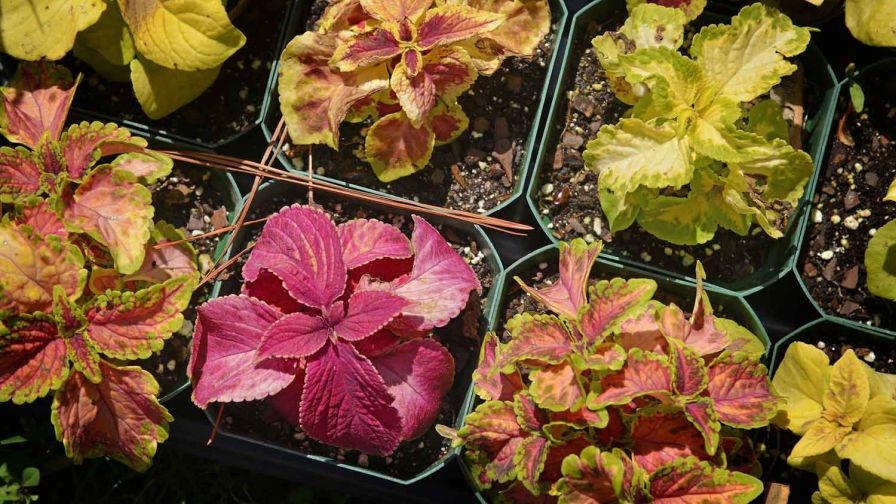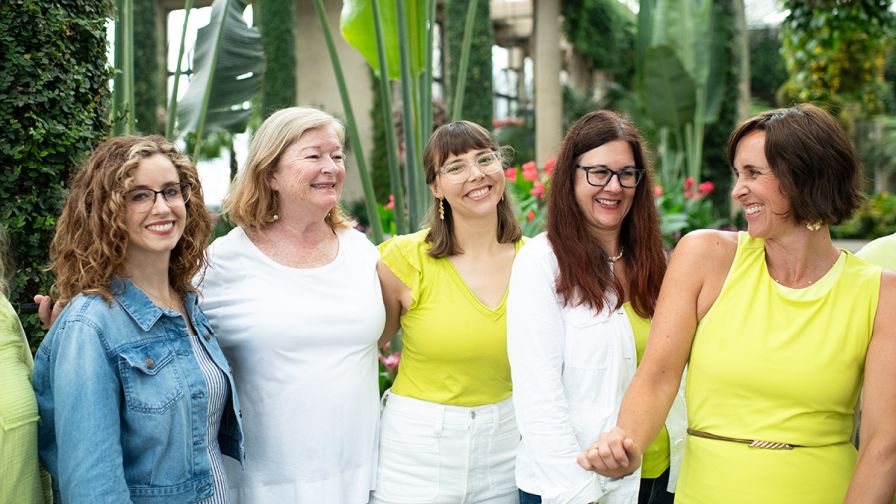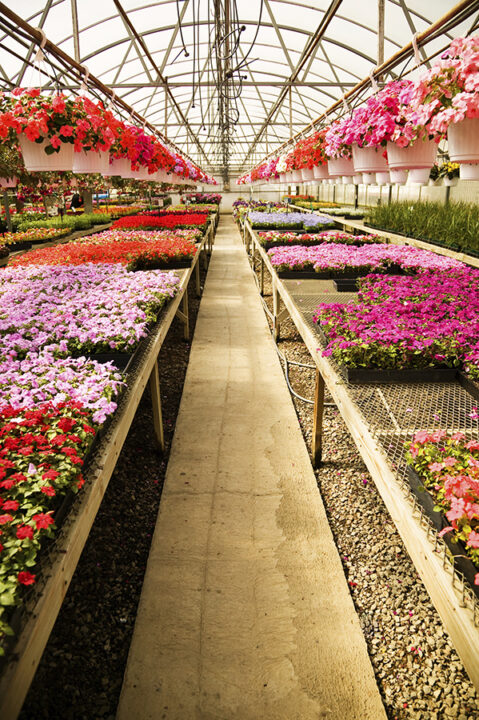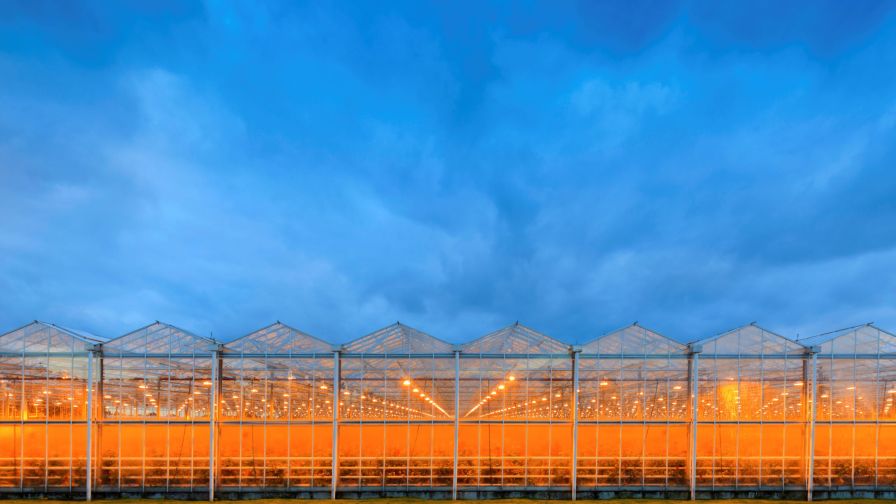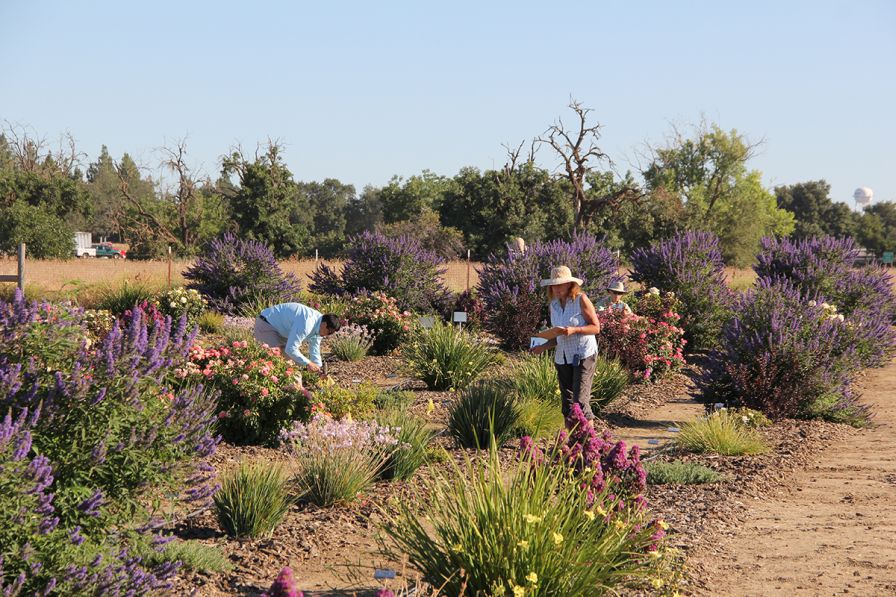Lowe’s Announces Commitment To Phase Out Neonicotinoids By 2019
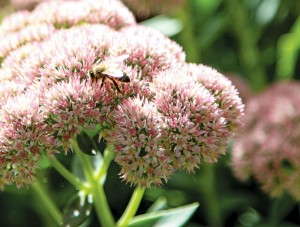 Home improvement retailer Lowe’s companies announced April 9 that it has committed to eliminate neonicotinoid pesticides from its stores in a gradual phase-out over the next 48 months.
Home improvement retailer Lowe’s companies announced April 9 that it has committed to eliminate neonicotinoid pesticides from its stores in a gradual phase-out over the next 48 months.
In the release of its 2014 Corporate Social Responsibility (CSR) Report, providing an expanded and enhanced view of the company’s sustainability objectives and progress over the past year, Lowe’s stated one of its commitments for 2015 includes phasing out neonicotinoids.
“Lowe’s is committed to regularly reviewing the products and information it offers customers,” the CSR states. “Following studies that say many factors, including neonicotinoid pesticides, could potentially damage the health of pollinators, Lowe’s has committed to take several steps to support pollinator health. Lowe’s will phase out the sale of products that contain neonic pesticides within 48 months as suitable alternatives become commercially available. Lowe’s will include greater organic and non-neonic product selections, work with growers to eliminate the use of neonic pesticides on bee-attractive plants it sells and educate customers and employees through in-store and online resources.”
This announcement comes just two weeks after the USDA’s National Agricultural Statistics Service (NASS) showed evidence that honey production increased by 19 percent and honey bee populations increased 4 percent since 2013. Lowe’s announcement also follows one week after the horticulture industry’s Bee & Pollinator Stewardship Initiative released a video, “Protecting Bees & Pollinators: What Horticulture Needs To Know,” which narrates the current state of pollinator health, provides information on factors that impact pollinators and the environment and highlights the the beneficial role horticulture plays in providing healthy and nurturing environments. The video also presented facts and data from several experts that show neonics have not been soundly proven to be the cause of bee decline.
Industry Reacts To Lowe’s Announcement
Upon learning of the Lowe’s announcement, AmericanHort, the Society of American Florists (SAF), the Horticultural Research Initiative (HRI) and the American Floral Endowment (AFE) – the organizations that launched the horticulture industry’s collaborative Bee & Pollinator Stewardship Initiative – released the following statement:
“As professional horticulturists, we grow trees, plants and flowers, and healthy trees, plants and flowers are critically important to healthy bees and healthy bee habitats. Pollinator health is a highly complex issue, and we recognize that there are many factors that can affect bee health. Although the improper use of pesticides can harm bees, a growing number of credible, independent studies indicate that neonicotinoids, when used as directed, are not the cause of widespread bee health issues.
“Consumers want plants that are healthy, beautiful and pest-free, and neonicotinoids have proven to be among the most effective pest management tools available. Neonicotinoids also are among the safest products we have for both our employees and the environment.
“Lowe’s position is surprising, considering the most recent and positive reports on the state of honeybee health (NASS honey report) and recent peer reviewed research. This is an issue for which sound science must take priority.
“Plant growers are experts on how to produce healthy plants. We embrace the challenge of protecting bee and pollinator health and the opportunity to be part of the solution. We will continue to fund important research on the health of bees, and guide horticulture on safe and responsible pest management. Horticulture will look to the best science to guide our efforts.”
The Bee & Pollinator Stewardship Initiative will fund several research efforts over the next two to five years through the Horticulture Research Initiative and the American Floral Endowment that will provide sound science about neonicotinoids and pollinator health.
The Bee & Pollinator Stewardship Initiative was established in 2014 by AmericanHort, HRI, SAF and AFE. Since the Initiative was established, these groups have developed close working relationships with other specialty crop groups, the Pollinator Partnership and two national organizations for beekeepers, the American Honey Producers Association and the American Beekeeping Federation.
An anonymous grower said Lowe’s has worked with its grower council on its position statement over the past year.
“The growers support Lowe’s position to allow the science and facts to keep driving the decisions. By taking a phased-in approach, it allows time for the research to be done adequately and properly on all levels, while giving growers adequate time and options to find the right tools to deliver the best quality plants for the stores and the best experience for the consumer at home.”
Lowe’s Commitment Include Phase Out Of Neonics, Increased IPM
In a Friends Of The Earth press release, the environmental organization listed Lowe’s commitments as such:
- A time-bound phase out of neonicotinoid (“neonics”) containing products in shelf products and plants, to be completed by the Spring of 2019, as suitable alternatives become available. For nurseries, Lowe’s will phase-out neonics for bee-attractive plants, and plants where regulatory requirements do not require the application of neonics (certain states require the application of neonics on certain plants and nursery material). Lowe’s plans to implement this phase-out as soon as is practicable.
- Redoubling pesticide management efforts and the addition of an application reduction plan with plant suppliers, including the collection and sharing of growers’ best practices around use of biological controls and integrated pest management (“IPM”) practices, and research into best alternatives. Nurseries will be required to disclose to Lowe’s the amount of pesticides used per acre, or a similar metric.
- Increased focus on consumer education initiatives including in-store distribution of EPA and Pollinator Partnership pesticide brochures and product tags which will highlight the health of bees and other pollinators.
- Funding of pollinator gardens through the company’s philanthropic and volunteer programs.
- Disclosure of these efforts in its 2014 Corporate Social Responsibility Report.
- Continued dialogue with Domini, Trillium and Friends of the Earth focused on implementation and public reporting of these commitments.
The Friends Of The Earth release went on to say:
“Lowe’s announcement comes eight months after a meta-analysis of 1,121 peer-reviewed studies by the Task Force on Systemic Pesticides concluded neonicotinoids are a leading factor of bee declines and are harming birds, earthworms, butterflies and other wildlife. The Task Force called for immediate regulatory action.
“In October, 2014, the Council on Environmental Quality issued guidance for federal facilities and federal lands which included acquiring seeds and plants from nurseries that do not treat these items with systemic insecticides.
“On April 2, the EPA announced a moratorium on new or expanded uses of neonicotinoids while it evaluates the risks posed to pollinators. Last month, more than four million Americans signed petitions calling on the Obama administration to put forth strong protections for bees and other pollinators. The Pollinator Health Task Force, established by the White House this past June, is charged with improving pollinator health, and assessing the impacts of pesticides, including neonicotinoids, on pollinators.”
Read the full Friends Of The Earth release and the Lowe’s press release that went out on PR Newswire. For more information, read Lowe’s complete Social Responsibility Report, in particular, the Improving Supplier Standards section. Stay tuned for continuing coverage on this developing story on GreenhouseGrower.com.




